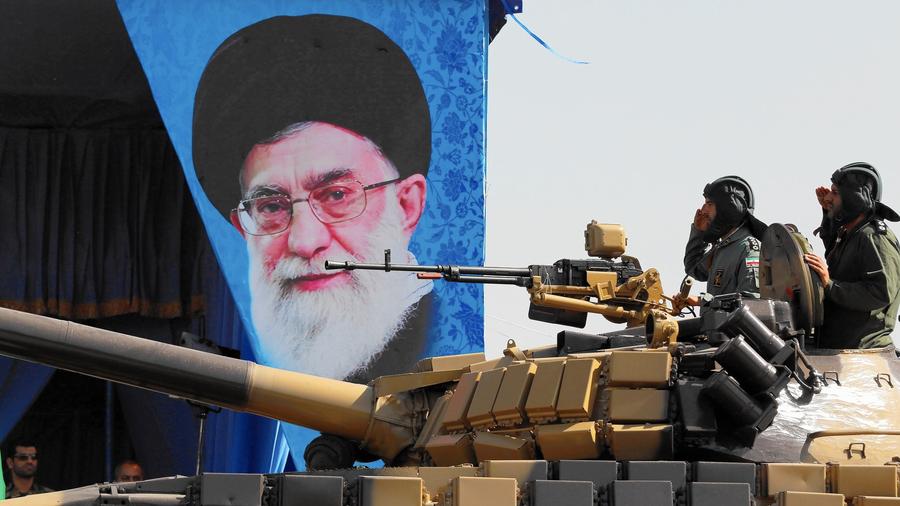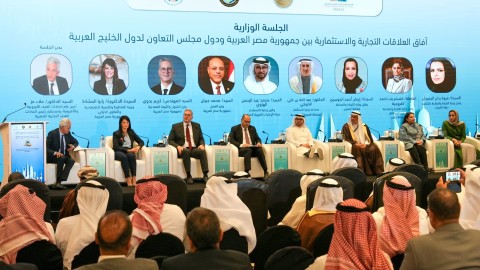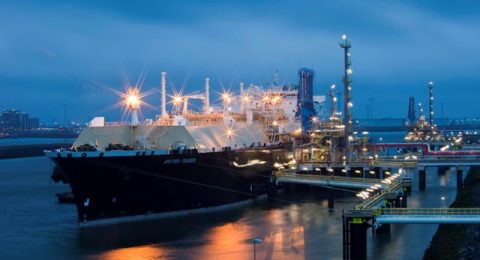Iran will help oppressed people in the region, Supreme Leader Ayatollah Ali Khamenei said on Saturday, days after Gulf Arab leaders met U.S. President Barack Obama and expressed concern about Iranian expansionism.
Khamenei also denounced Saudi Arabia for its role leading a coalition of Sunni-ruled Arab states against Yemen’s Houthi rebels, comparing it to the pagans who ruled the Arabian Peninsula before the advent of Islam in the seventh century.
His speech to a meeting of Iranian leaders and diplomats from the Muslim world, reported by the state news agency IRNA, brought the issues of political and religious legitimacy squarely into the struggle between the two regional powers.
“Yemen, Bahrain and Palestine are oppressed, and we protect oppressed people as much as we can,” IRNA quoted him as saying.
“Those people who bring suffering to Yemeni families during sacred months are even worse than the ancient pagans of Mecca,” he said at the event for the holiday of Lailat al-Miraj, when Islam says the Prophet Mohammad visited heaven and met Jesus, Abraham, Moses and other prophets.
Gulf Arab leaders met with Obama on Thursday to express their concern that Iran is trying to expand its influence in the region aggressively, parallel to nuclear negotiations under way with world powers.
The U.S. backs the Saudi-led Sunni coalition waging the military campaign against the Shi’ite Houthi rebels. Riyadh has accused Tehran of arming the Houthis.
By mentioning Bahrain, Khamenei’s comments will also raise suspicions that Iran plays a role in the small island nation whose Sunni royal family is accused by rights groups of repressing dissent among the majority Shi’ite population.
Iran denies playing a role in either country, but has consistently criticized the campaign in Yemen and Saudi Arabia’s influence in Bahrain, where it sent armed forces to help put down popular protests in 2011.
The standoff has raised concerns for shipping in the Gulf, a transit route for millions b/d per day. In the past month, Iranian forces have twice tried to seize commercial ships to settle legal disputes.
“Security in the Persian Gulf is in the interests of everyone… If it is insecure, it will be insecure for all,” Khamenei said, indicating Iran’s apparent willingness to cause disruption if attacked.
Tensions have also reached the Gulf of Aden, another crucial choke point for oil shipments, after Iran on Monday dispatched a cargo ship towards Yemen under military escort.
Forces from the Saudi-led coalition have imposed inspections on all vessels entering Yemeni waters, raising the potential for a standoff with the Iranian flotilla which is due to arrive in the coming days.
Source: Reuters












